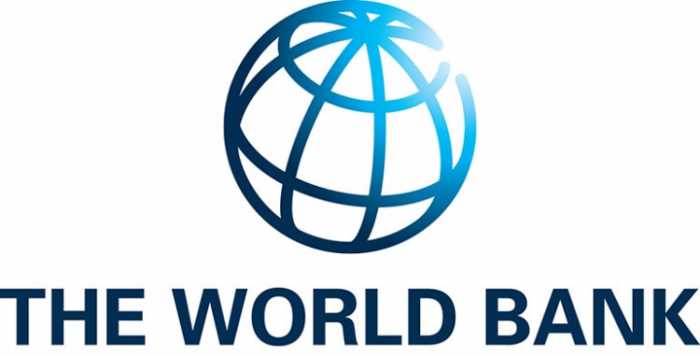
The legal agreements were signed for two projects – $200 million First Tamil Nadu Housing Sector Strengthening Programme and $50 million Tamil Nadu Housing and Habitat Development Project – to strengthen the state’s housing sector policies, institutions, and regulations.
The $200 million First Tamil Nadu Housing Sector Strengthening Programme supports the government’s ongoing efforts to increase the availability of affordable housing by gradually shifting the role of the state from being the main provider to an enabler. It will also aim to unlock regulatory barriers and incentivise private sector participation in affordable housing for low-income families.
The loan agreements were signed by Sameer Kumar Khare, Additional Secretary, Department of Economic Affairs, Ministry of Finance on behalf of the Government of India and Junaid Kamal Ahmad, Country Director (India) on behalf of the World Bank. Whereas, the project agreements were signed by Hitesh Kumar S. Makwana, Principal Resident Commissioner, on behalf of the Government of Tamil Nadu and Junaid Kamal Ahmad on behalf of the World Bank.
Nearly half of Tamil Nadu’s population is urban, and this is expected to increase to 63 percent by 2030. An estimated 6 million people are currently living in slums (representing 16.6 percent of the state’s urban population).
Concurrently, the Board also approved a $50 million Tamil Nadu Housing and Habitat Development Project to support innovations in housing finance and strengthen housing sector institutions in the state. It will finance the newly created Tamil Nadu Shelter Fund (TNSF) – an innovation in housing finance in India – by providing an equity contribution of $35 million.
This initial support to TNSF will enable cross-subsidisation opportunities where higher returns from commercial and high-income developments will compensate for lower returns from affordable housing. This will make affordable housing commercially viable for potential investors.
The project will also strengthen the capacity of key housing institutions including the Tamil Nadu Slum Clearance Board, the state’s main provider of affordable housing; Chennai Metropolitan Development Authority, the land use planning authority for the Chennai Metropolitan Area; and Tamil Nadu Infrastructure Fund Management Corporation Limited, the asset management company of TNSF.
Yoonhee Kim, Senior Urban Economist, World Bank and Task Team Leader for the Housing Sector Strengthening Programme said that the global experience shows that the public sector alone cannot address a growing housing demand, especially as countries undergo rapid urbanization. The public sector can play an important role in providing regulatory and market incentives to make affordable housing more attractive for the private sector.
The loans of $200 million and $50 million from the International Bank for Reconstruction and Development (IBRD) have a maturity of 20 years including a grace period of 3.5 years.
